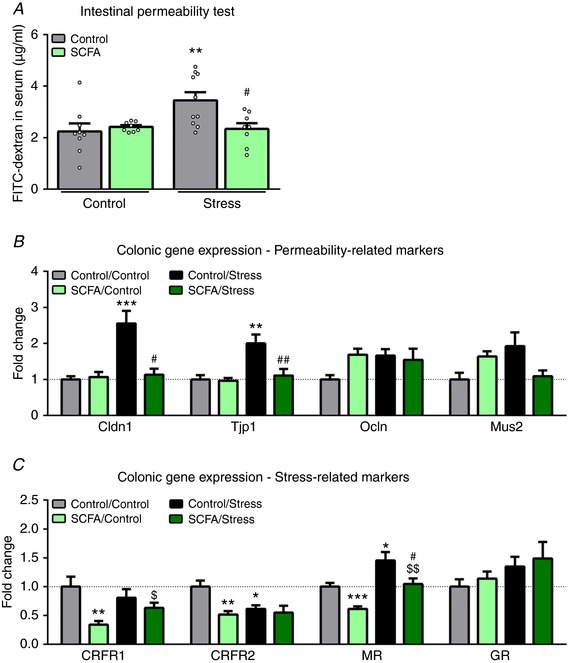Figure 7. Stress induces intestinal permeability, which was rescued by SCFA treatment.

A, in vivo intestinal permeability was assessed 5 weeks post stress. B, colonic genes involved in intestinal permeability of which gene expression was investigated were claudin‐1 (Cldn1), tight junction protein 1 (Tjp1), occludin (Ocln) and mucus 2 (Muc2). C, gene expression analysis of genes involved glucocorticoid signalling were corticotrophin‐releasing factor receptors 1 and 2 (CRFR1 and CRFR2 respectively), mineralocorticoid receptor (MR) and glucocorticoid receptor (GR). All data were non‐parametrically distributed and analysed using the Kruskal‐Wallis test, followed by the Mann‐Whitney test. Significant differences are depicted as: * P < 0.05, ** P < 0.01 and *** P < 0.001; Control/Control compared to SCFA/Control or Control/Stress, $ P < 0.05 and $$ P < 0.01; SCFA/Control compared to SCFA/Stress, # P < 0.05 and ## P < 0.01; Control/Stress compared to SCFA/Stress. All data are expressed as means ± SEM (n = 8–10). Open circles on each graph represent individual animals. [Color figure can be viewed at http://wileyonlinelibrary.com]
